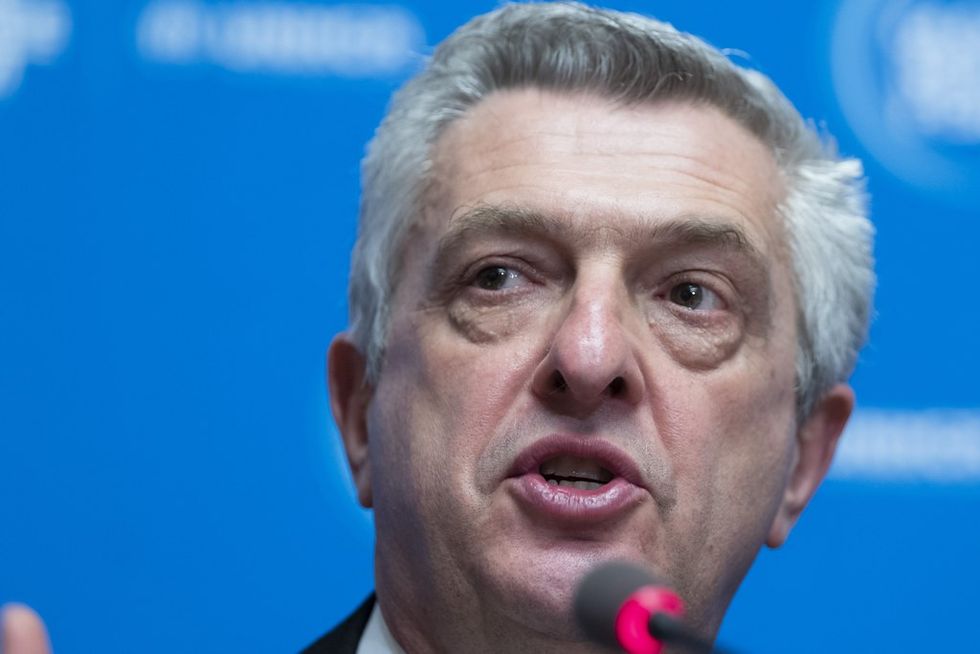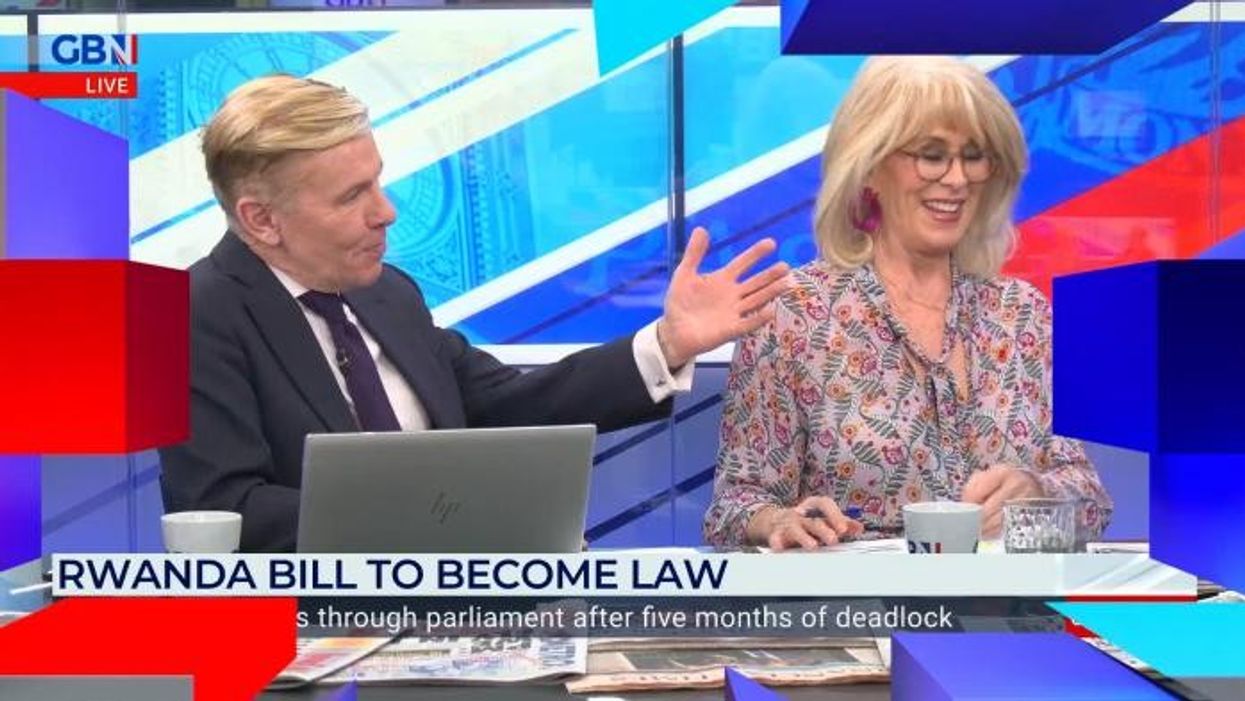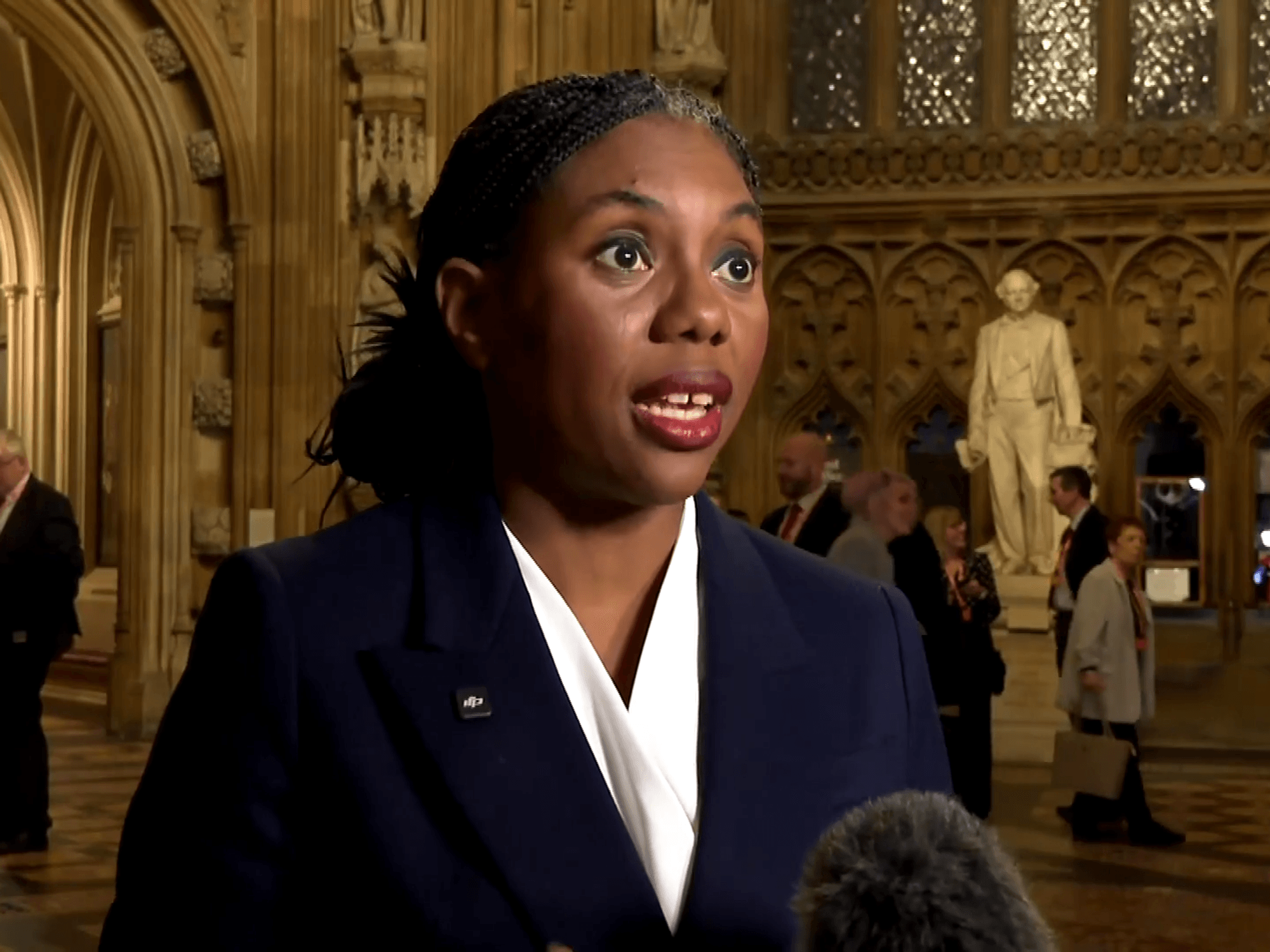We must ignore the UN and press on with the Rwanda plan - or risk making the small boats crisis worse, says Dr Azeem Ibrahim
Terminating the Rwandan initiative, as some propose, would only perpetuate the small boats crisis indefinitely
Don't Miss
Most Read
Latest
Following the approval of the Rwanda Bill in the House of Commons earlier this week, Filippo Grandi, the UN High Commissioner for Refugees, and Volker Türk, the UN High Commissioner for Human Rights, promptly called on the UK government to reconsider its policy of transferring asylum-seekers to Rwanda. Rather than this approach, they advocated for implementing concrete measures to address the irregular movement of refugees and migrants.
Their review expressed "regret" over the UK's persistence in pursuing the Migration and Economic Development Partnership with Rwanda, despite encountering legal hurdles in our Supreme Court. While it's commendable that international bodies now acknowledge the authority of our independent judiciary, their inconsistency remains glaring.
Since 2019, the UN High Commissioner for Refugees (UNHCR) has resettled over 2,000 refugees in Rwanda from countries like Libya. Both they and we recognize that Rwanda meets the reasonable safety standards mandated by the UN Refugee Convention. Even our own Supreme Court couldn't establish Rwanda as unsafe, but rather raised concerns about the risk of refugees facing 'refoulement' back to their home countries.
Having personally visited Rwanda, I've witnessed the exemplary accommodations and operations prepared there, largely funded by British contributions. As someone deeply involved in researching genocides and persecution, I've observed various refugee accommodations worldwide. Those in Kigali set a gold standard, showcasing remarkable professionalism.

Filippo Grandi, the UN High Commissioner for Refugees, and Volker Türk, the UN High Commissioner for Human Rights, called on the UK government to reconsider its policy of transferring asylum-seekers to Rwanda.
|FLICKR
As the disparity between actual safety and judicial perceptions widens, action becomes imperative. Many advocate for leaving the European Convention on Human Rights (ECHR) to reset human rights law and safeguard fundamental liberties without creating immigration loopholes. Urgent reform of the UN Refugee Convention is also overdue, with international leadership becoming increasingly necessary.
Admittedly, Rwanda entails considerable expenses, but it's essential for functioning within our modern, mobile world and fulfilling our international obligations without burdening ourselves with excessive refugee flows or encouraging perilous crossings. While broader reform remains a priority, we must persevere with Rwanda, potentially shaping future refugee law.
The commencement of operations in Rwanda draws nearer than anticipated, with government ministers cautiously optimistic. Recent adjustments to guidance have fortified our ability to block deportations, making breakthroughs achievable.
Amidst the Age of Migration, Rwanda's initiative emerges as the singular effective measure to tackle mass migration. Alternative approaches barely scratch the surface of this looming demographic and climate crisis. Failure to pursue the Rwanda plan risks perpetuating the small boats crisis indefinitely, as indicated by research from the Henry Jackson Society.
In contrast, terminating the Rwandan initiative, as some propose, would only perpetuate the small boats crisis indefinitely. Research indicates that such a move could result in an annual influx of over 120,000 additional migrants, exacerbating an already dire situation. Given the current state of polling, it's imperative to underscore that Rwanda offers a compassionate and sustainable resolution, possibly the only viable one available.
Dr. Azeem Ibrahim OBE is the author of "Rohingyas: Inside Myanmar's Hidden Genocide" (Hurst: 2017) and recipient of the 2019 International Association Genocide Scholars Award.











